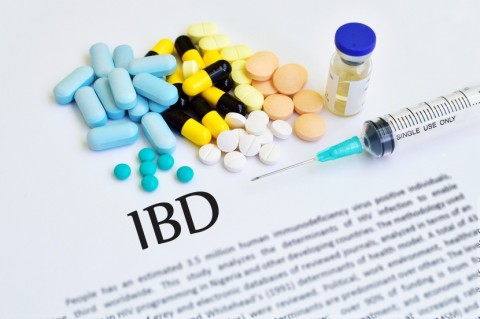DrCarney.com Blog
Health - Food - Science - Community
Food additives and ultra-processed foods may have harmful effect on gut health and lead to the development of diseases, such as colorectal cancer, irritable bowel syndrome, and inflammatory bowel disease.
Keen consumption of foods ladened with the antioxidant retinol may help lessen an individual's risk of developing inflammatory bowel disease (IBD).
Adequate intake of plant foods loaded with fiber may boost an individual's defenses against inflammatory bowel disease.
Passive smoking may make inflammatory bowel disease more likely to occur in children.
Creating more space for fiber-containing foods, such as fruits and vegetables, in our plates may improve our odds of fending off inflammatory bowel disease.
Following a diet that promotes the intake of polyphenol-rich plant foods may help curtail the development of Crohn's disease.
Adopting a physically active lifestyle may significantly slash Crohn's disease risk in women.
Imbibing the habit of consuming a Western diet may set an individual on the path to developing inflammatory bowel disease, such as ulcerative colitis and Crohn's disease.
Generous consumption of ultra-processed foods may increase an individual's predisposition to inflammatory bowel disease.
High dietary ingestion of processed meats may increase mortality rates from inflammatory bowel disease (IBD).
It is believed that as many as 1.4 million Americans suffer with inflammatory bowel disease (IBD). Symptoms can include diarrhea, constipation, bowel urgency, stomach pain, cramping, bloating, bloody stools, fatigue, loss of appetite, weight loss, skin problems, fever, and anemia. The disease typically has times of remission where people with IBD experience a near normal life...




